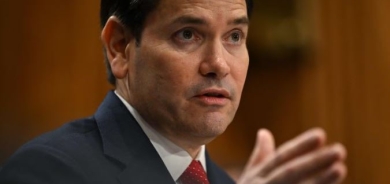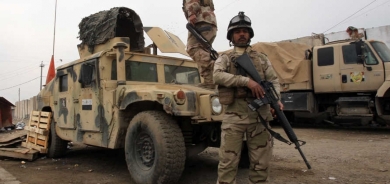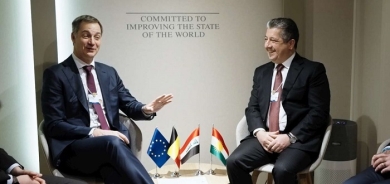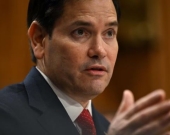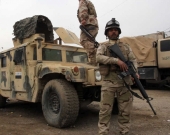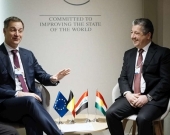Kurdish and Arab Parties Protest Appointment of Kirkuk Governor, Call for New Agreement

On Saturday, Kurdish and Arab political parties staged protests against the appointment of Rebwar Taha as the new governor of Kirkuk, calling for a new agreement on the formation of the local government that would be acceptable to all factions.
Khalida Khalil, spokesperson for the Barzani Headquarters of the Kurdistan Democratic Party (KDP), emphasized that the governor should be a “moderate” Kurd who has the approval of all Kurdish parties, and stressed that key positions, such as the provincial council chief and deputy, must also meet the approval of all ethnic and political groups in Kirkuk.
“Our protest is against the violation of the national agreement and the implementation of a strange agenda that aims to create problems and imbalances… Agreements that are made in a misleading manner are doomed to fail sooner or later,” Khalil stated on X (formerly Twitter).
Rebwar Taha, a Kurdish politician affiliated with the Patriotic Union of Kurdistan (PUK), was sworn in as governor last Wednesday after receiving the official decree from Iraqi President Abdul Latif Rashid. However, Taha’s appointment has been met with resistance from various parties, including the Turkmen Front, the KDP, and the Arab Alliance, who boycotted the council session where Taha was nominated, claiming the meeting was illegal. These groups have announced plans to challenge the decisions made in that session through legal channels.
Despite being Kurdish, Taha’s appointment lacks the support of the KDP, which holds two seats on the council compared to the PUK’s five. The KDP has called for the appointment of a governor without strong party affiliations and emphasized the need for a national consensus in the formation of Kirkuk’s administration.
“We will never compromise on the Kurdishness of Kirkuk, because Kirkuk is the heart of Kurdistan, just as we will never compromise on the Kurdishness of other Kurdish areas outside the Kurdistan Region’s administration,” Khalil asserted.
In contrast, Qais al-Khazali, a senior member of the Fatih Coalition, claimed in a recent interview that the PUK had recognized “the Arabness of Kirkuk” during the discussions that led to last week’s council meeting.
The situation in Kirkuk remains tense, with Rakan al-Jabouri, the former acting governor and leader of the Arab Alliance, denying any involvement in an alliance with the PUK and rejecting media reports suggesting he would replace Mohammed Ibrahim al-Hafidh as the provincial council chief.
Hafidh, a member of the Sunni Arab Sovereignty party, was appointed as the council chief during the disputed meeting last week. Following his participation in the meeting, Hafidh was removed from the ranks of his party.
Jabouri, who served as Kirkuk’s acting governor from October 2017 until Taha’s recent appointment, voiced concerns that the current administration could have significant negative impacts on Kirkuk’s Arab population. He warned that the PUK, with its majority in the council, could overpower any proposals from Arab members.
The Turkmen Front has also distanced itself from any alliance with the PUK, stating that they will await a court ruling on the matter. Meanwhile, Parwin Fatih, a PUK member of the council, dismissed the possibility of any new agreements, stating that “everything is over and there will be no agreements.”
The formation of Kirkuk’s provincial government has been a protracted process, taking over seven months due to the lack of a clear majority and ongoing disputes between the region’s political parties. Given Kirkuk’s multi-ethnic makeup and complex history, the provincial council election law mandates that power be distributed fairly among the province’s diverse communities, regardless of the election results.


